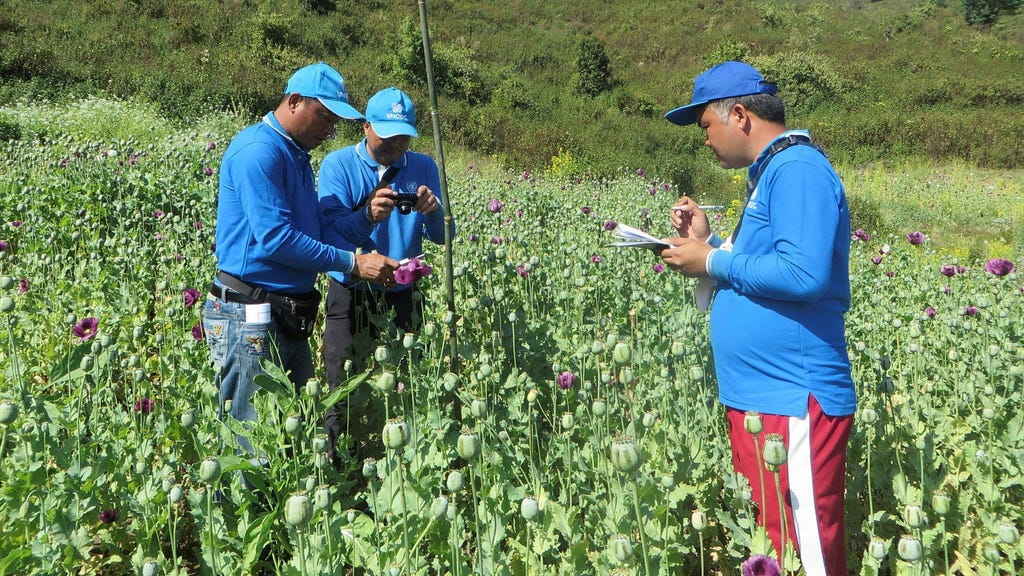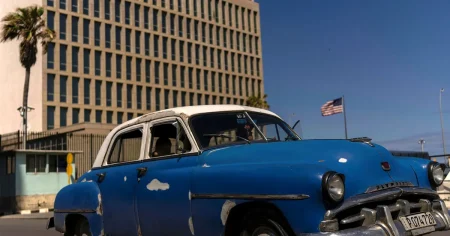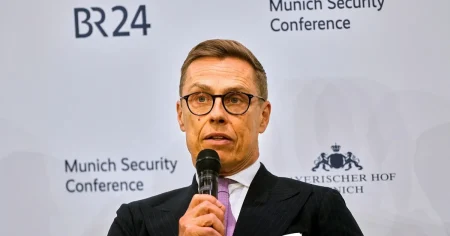Since the military coup on February 1, 2021, Myanmar has spiraled into a devastating humanitarian and economic crisis, characterized by a hollowed-out democracy, daily strife, soaring food prices, and a collapsed judicial system. Unemployment has skyrocketed, the currency has plummeted, and institutions have crumbled. The only thriving sectors are those engaged in illicit activities, propelling Myanmar to the dubious distinction of becoming a global hub for organized crime, according to the Global Organized Crime Index. The coup abruptly halted Myanmar’s nascent democratic progress, ushering in an era of oppression and reversing years of relative freedom and burgeoning hope. Human rights are systematically violated, political activists are arbitrarily detained, free media has been silenced, and freedom of expression is severely curtailed. The international community responded with sanctions, but these measures seem to have inadvertently fueled the growth of illicit activities.
The military, led by General Min Aung Hlaing, seized power, shattering the fragile democratic gains made over the preceding decade. The coup reversed a period of optimism and relative openness, plunging the nation back into an era of military dictatorship. The subsequent crackdown on dissent has led to widespread human rights abuses, the suppression of independent media, and the imprisonment of political opponents. The international community has condemned the coup and imposed sanctions, but these measures have had limited impact in curbing the military’s grip on power. Instead, they appear to have created further opportunities for criminal enterprises to flourish in the power vacuum.
Crime has permeated every facet of Myanmar society, leading the nation to top several ignominious global rankings. Myanmar has surpassed Afghanistan as the world’s leading opium producer, with poppy fields now openly cultivated, a stark contrast to the previous government’s efforts to encourage alternative crops. The military, far from combating this illicit trade, is deeply complicit, operating a dedicated drug trafficking division. Furthermore, Myanmar has become the world’s largest producer of synthetic drugs like methamphetamine, which are smuggled out through the Golden Triangle region, encompassing Laos and Thailand. The regime also profits from environmentally destructive extraction of rare earth minerals, disregarding the devastating consequences for the environment and local communities, including deforestation, water pollution, and increased risk of landslides. These illicit activities provide the junta with crucial revenue to fund its ongoing conflict against armed resistance groups.
The military junta, facing increasing pressure from armed resistance groups, has resorted to alliances with criminal syndicates, granting them operational freedom in exchange for financial support and resources. This desperate measure underscores the military’s weakening grip on power, evident in the significant territorial gains made by resistance forces, estimated to have captured 80 towns and 200 military bases in 2024 alone. The military’s vulnerability is further highlighted by its increasing reliance on brutal tactics, including the burning of villages and bombing of cities, displacing hundreds of thousands of civilians. Both the military and pro-democracy groups, needing to finance their operations, are involved in a range of criminal activities, including drug trafficking, money laundering, human trafficking, and terrorist financing. This entanglement further destabilizes the country and blurs the lines between political actors and criminal enterprises.
Cybercrime has emerged as another rapidly expanding criminal enterprise in Myanmar, involving scams targeting individuals worldwide, resulting in billions of dollars stolen from unsuspecting victims, particularly the elderly and vulnerable. These scams often involve elaborate schemes playing on emotions, such as romance scams targeting widows or investment scams preying on retirees. Many of those employed in these operations, often run by Chinese crime syndicates, are foreigners lured to Myanmar with false promises of legitimate employment. Interpol raids have revealed the scale of these operations, uncovering individuals from numerous countries forced to work in these cybercrime centers. The shift in targeting from primarily Asian victims to those in the US and Europe highlights the evolving nature and global reach of these criminal networks. These networks exploit the weak legal system, operating with impunity in conflict zones under the protection of armed actors and the military.
The cumulative effect of these converging crises has left Myanmar in a state of near collapse. Corruption is rampant, institutions are dysfunctional, banks are unreliable, and many schools remain closed. The military, facing increasing resistance and dwindling resources, has escalated its brutal tactics, further exacerbating the humanitarian crisis. Political prisoners fill overcrowded prisons, facing dire conditions and inadequate hygiene. The international community faces the daunting challenge of responding effectively to this complex crisis, where criminal activities are intertwined with political conflict, posing a significant threat to regional stability and highlighting the devastating consequences of a failed state. The plight of the Myanmar people underscores the urgent need for international action to address the root causes of this crisis and restore peace and stability to the nation.














